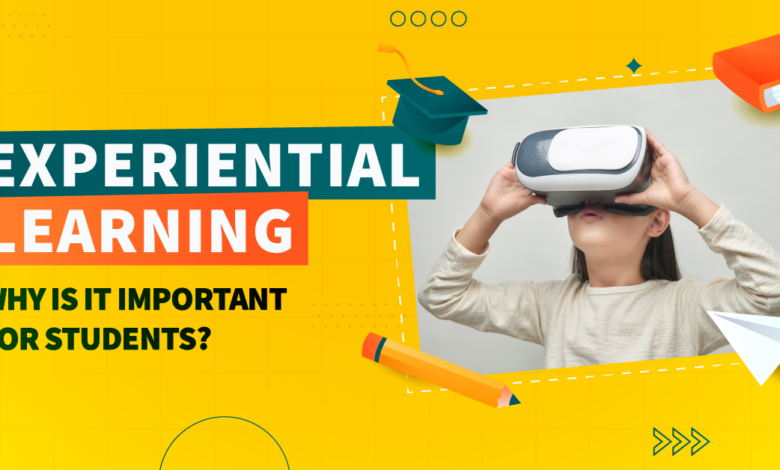The Importance of Experiential Learning

Experiential learning is a teaching approach that focuses on practical experiences and activities to help students learn and develop important skills. This article will explore the importance of experiential learning and why it is a valuable tool for educators and learners alike.
What is Experiential Learning?
Experiential learning is a teaching methodology that involves hands-on learning experiences, where learners actively participate in the learning process. This type of learning can take place in a variety of settings, including the workplace, classroom, and community. Experiential learning involves a cycle of four stages, including:
- Concrete experience: learners participate in an activity or experience
- Reflective observation: learners reflect on the experience and identify key insights and takeaways
- Abstract conceptualization: learners develop theories and concepts based on their experiences and reflections
- Active experimentation: learners apply their new knowledge and skills to real-world situations
Benefits of Experiential Learning
Experiential learning offers a range of benefits to both educators and learners. Here are some of the key advantages of this teaching approach:
1. Active Engagement
Experiential learning encourages active participation and engagement from learners. By providing opportunities for hands-on learning, learners can become fully immersed in the learning process, leading to a deeper understanding and retention of information.
2. Improved Critical Thinking Skills
Experiential learning requires learners to reflect on their experiences and apply critical thinking skills to analyze and interpret their observations. This helps to develop essential skills such as problem-solving, decision-making, and creativity.
3. Enhanced Collaboration and Communication
Experiential learning often involves group activities and projects, which can help to develop important collaboration and communication skills. Learners can work together to achieve a common goal, and practice skills such as active listening, giving and receiving feedback, and effective communication.
4. Real-World Relevance
Experiential learning provides learners with real-world relevance by allowing them to apply their learning to real-life situations. This can help to increase motivation and engagement by demonstrating the practical applications of the concepts being learned.
5. Personal Growth and Development
Experiential learning can also contribute to personal growth and development by helping learners to develop self-awareness, self-confidence, and self-efficacy. By taking an active role in their own learning, learners can develop a sense of ownership and responsibility for their own development.
Examples of Experiential Learning
Experiential learning can take many different forms, depending on the setting and the learning objectives. Here are some examples of experiential learning activities:
1. Role-Playing
Role-playing involves learners taking on different roles and acting out scenarios or situations. This can be an effective way to develop communication, problem-solving, and empathy skills.
2. Service Learning
Service learning involves learners engaging in community service activities as part of their learning experience. This can help to develop a sense of civic responsibility and social awareness, as well as practical skills related to the service activity.
3. Simulations and Games
Simulations and games provide learners with a safe and controlled environment to practice real-world skills and decision-making. This can be an effective way to develop critical thinking, problem-solving, and collaboration skills.
4. Field Trips and Site Visits
Field trips and site visits provide learners with an opportunity to experience real-world environments and apply their learning to practical situations. This can help to increase motivation and engagement, as well as provide a more memorable learning experience.



